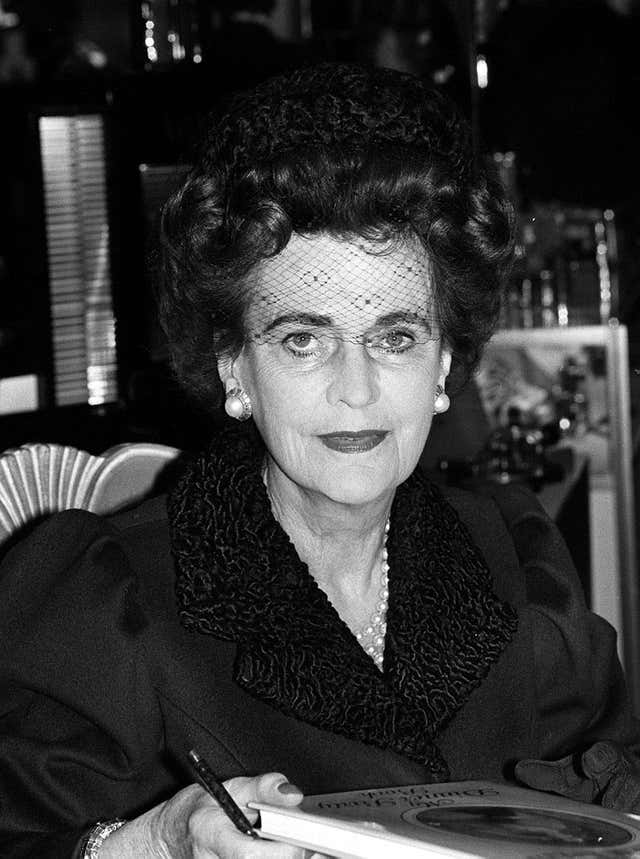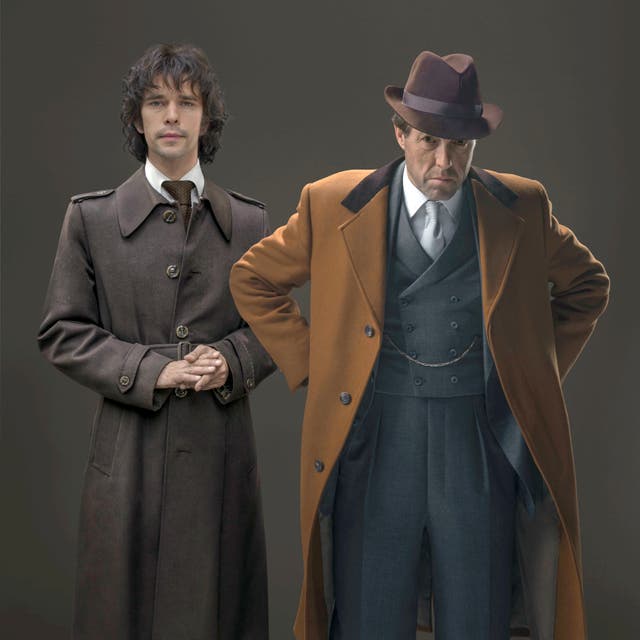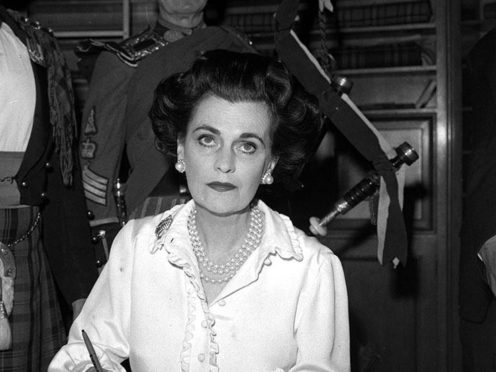The BBC’s award-winning drama A Very English Scandal is to spawn a series of spin-off anthologies with the initial focusing on the first woman to be publicly “slut shamed”.
Executive producer Dominic Treadwell-Collins said the Golden Globe-winning miniseries would be developed into a franchise like US show American Horror Story.
The first will focus on the 1963 sex scandal of Margaret Campbell, Duchess of Argyll, who was “slut shamed” by her ex-husband, according to Treadwell-Collins, speaking to the Radio Times.

The Duchess of Argyll’s divorce from the 11th Duke of Argyll ignited public speculation when a list emerged of some 80 men she had reportedly slept with, said to include two government ministers and three members of the royal family.
Granting the divorce, presiding judge Lord Wheatley said she “was a completely promiscuous woman whose sexual appetite could only be satisfied with a number of men”.
Treadwell-Collins said Sarah Phelps, who has adapted several Agatha Christie books for the BBC, had been asked to write the drama.
Phelps worked with Treadwell-Collins on EastEnders, where she penned the exit of Peggy Mitchell (Barbara Windsor) from the show.
He said: “The Duchess of Argyll was the first woman to be publicly slut shamed.
“We’re going to focus on the very public divorce from her second husband.
“He went through her private desk and found a list of all the men she’d slept with, as well as three polaroid photos…”

The original BBC One series followed Liberal Party leader Jeremy Thorpe (Hugh Grant) and his attempts to cover up an affair with ex-lover Norman Josiffe, also known as Norman Scott (Ben Whishaw) in the late 1970s.
It was written by Doctor Who’s Russell T Davies, who will not return to pen the spin-off because, according to Treadwell-Collins, “for a feminist scandal, I need a female writer”.
He added: “I’m talking to Russell about another story because we have a few more ideas in development.
“But for a feminist scandal, I need a female writer.”
The new series will use letters and photos found by BBC researchers.
Read the full interview in the Radio Times.
